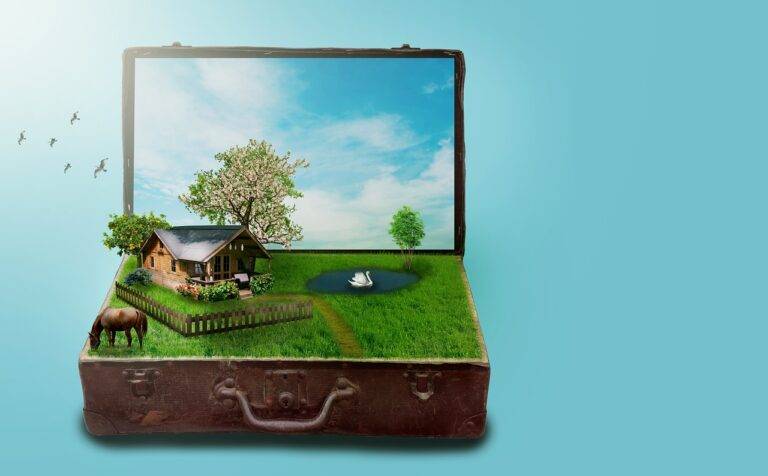Traveling for Environmental Education: Experiencing Conservation Efforts Firsthand
Environmental education plays a crucial role in shaping the attitudes and behaviors of individuals towards the environment. By increasing awareness and understanding of ecological issues, people are more likely to actively participate in conservation efforts. Through education, individuals can grasp the interconnectedness of all living things and the impact of human actions on the environment.
Moreover, environmental education empowers individuals to make informed decisions regarding resource management and sustainable living practices. By providing knowledge and skills, education equips people with the tools needed to contribute to conservation efforts and promote environmental stewardship. Ultimately, investing in environmental education is key to cultivating a society that values and protects the natural world for future generations.
Exploring Sustainable Practices in Ecotourism
Ecotourism is a rapidly growing industry that aims to promote travel and tourism while conserving the environment and benefiting local communities. Sustainable practices are essential in ensuring that ecotourism remains true to its principles of preserving nature and culture. This involves implementing strategies that minimize the impact on ecosystems, support conservation efforts, and enhance the well-being of local residents.
One key aspect of sustainable ecotourism is the responsible management of natural resources. This includes carefully monitoring visitor numbers, limiting access to sensitive areas, and educating tourists on how to minimize their impact on the environment. By working closely with local communities and conservation organizations, ecotourism operators can also create opportunities for economic empowerment and foster a sense of environmental stewardship among visitors.
What is ecotourism and why is it important?
Ecotourism is a type of tourism that involves visiting natural areas with the goal of supporting conservation efforts and observing wildlife in their natural habitats. It is important because it promotes environmental awareness, supports local communities, and helps preserve ecosystems.
How can environmental education contribute to conservation efforts in ecotourism?
Environmental education plays a crucial role in ecotourism by raising awareness about the importance of conservation and sustainable practices. It helps tourists understand the impacts of their actions on the environment and encourages them to support conservation efforts.
What are some sustainable practices that can be implemented in ecotourism?
Some sustainable practices in ecotourism include using eco-friendly accommodations, supporting local communities, minimizing waste and energy consumption, respecting wildlife and ecosystems, and promoting responsible tourism behavior.
How can tourists contribute to sustainable practices in ecotourism?
Tourists can contribute to sustainable practices in ecotourism by choosing responsible tour operators, supporting local businesses, minimizing their environmental footprint, respecting wildlife and natural habitats, and educating themselves about the importance of conservation.
What are the benefits of implementing sustainable practices in ecotourism?
Implementing sustainable practices in ecotourism can lead to reduced environmental impact, increased support for conservation efforts, improved relationships with local communities, enhanced visitor experiences, and long-term preservation of natural resources.





